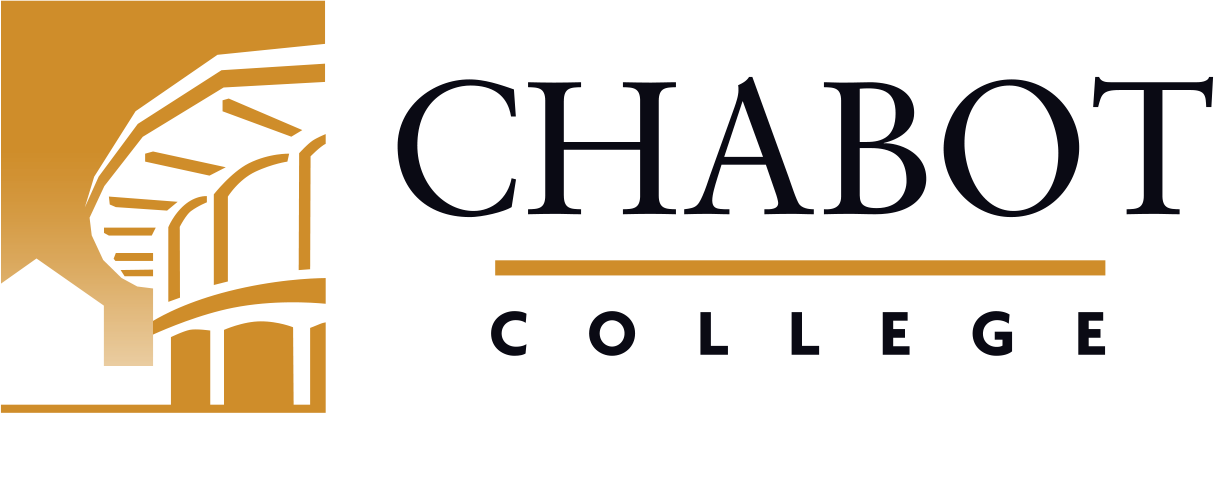
Course Outline for English 19A
Literary Journal Workshop: The Chabot Review
Effective: Fall 2021
SLO Rev: 12/08/2016
SLO Rev: 12/08/2016
Catalog Description:
ENGL 19A - Literary Journal Workshop: The Chabot Review
1.00 Units
Practical, introductory training in the managing, editing, and publication of a literary journal, The Chabot Review. Students will gain knowledge of the publishing world as well as learn practical skills while publishing creative works by Chabot College students and staff. Students enrolled in the class serve as The Chabot Review editorial team, and learn what it means to be an Editor-in-Chief, Fiction Editor, Poetry Editor, Design Editor, Public Relations Manager, and more.
Strongly Recommended: Eligibility for ENGL 1.
1501.00 - English
Letter Grade Only
| Type | Units | Inside of Class Hours | Outside of Class Hours | Total Student Learning Hours |
|---|---|---|---|---|
| Lecture | 1.00 | 18.00 | 36.00 | 54.00 |
| Total | 1.00 | 18.00 | 36.00 | 54.00 |
Measurable Objectives:
Upon completion of this course, the student should be able to:
- assess the factors involved in designing a literary magazine: format, typefaces, paper selection, aesthetic considerations, and cost analysis;
- develop small scale, advertising campaigns for soliciting material and selling finished products;
- assess manuscripts for publication;
- perform basic editing, typesetting, proofreading and layout procedures;
- demonstrate working with printing processes, vocabulary, and cost factors of printing and binding.
Course Content:
- Methods of managing a literary journal
- Students will gain knowledge of how to network with funders to benefit the journal
- Students will learn the financial workings of a journal, such as how to manage and secure funds from a private donor and from grants
- Students will learn how to study the market
- Students will learn to consider the purpose and productivity of the product they create
- Methods of editing
- Students will participate in critiquing creative works and developing arguments for or against the inclusion of a submission
- Students will be introduced to editing style, formatting, and copy-editing strategies
- The production of a literary journal, and promoting a literary magazine.
- Students will learn how to gain interest from artists in order to solicit material for the journal
- Students will learn how to promote and sell a literary journal
- Students will learn to organize promotional events that bring artists and the community together
Methods of Instruction:
- Lecture/Discussion
- Hands-on Activities
- Group Activities
- Community activities/civic engagement projects
- Class and group discussions
- Field Experience
- Guest speakers
- Handouts and rule interpretations.
- One-on-one coaching
Assignments and Methods of Evaluating Student Progress:
- Create a press kit for "call for submissions" to the journal and arrange for distribution.
- Critique and evaluate poetry and fiction submissions and discuss perspective in class as part of the voting process.
- Copy-edit the journal and collaborate with authors on edits.
- Create personalized rejection letters to people who have submitted their work.
- Work on the layout: sequence the table of contents, choose font and design features, pair artwork with selections.
- Class Work
- Demonstration of practice and skills
- Final Examination or Project
- Assigned activities
- Class Participation
- Critique
- Group Projects
- Projects
Upon the completion of this course, the student should be able to:
- Student can perform basic editing, typesetting, proofreading and layout procedures
Textbooks (Typical):
- Ginna, P. (2017). What Editors Do: The Art, Craft, and Business of Book Editing (Chicago Guides to Writing, Editing, and Publishing) (Hardcover). University of Chicago Press.
- Phillips, L (2015). Publish Your First Magazine (Second Edition): A Practical Guide For Wannabe Publishers (Paperback). 360 Books.
Abbreviated Class Schedule Description:
Practical workshop training in the managing, editing, and publication of a literary journal, The Chabot Review. Students enrolled in the class become The Chabot Review, editorial team.
Strongly Recommended: Eligibility for ENGL 1.
Discipline:
English*, Mass Communication*, or